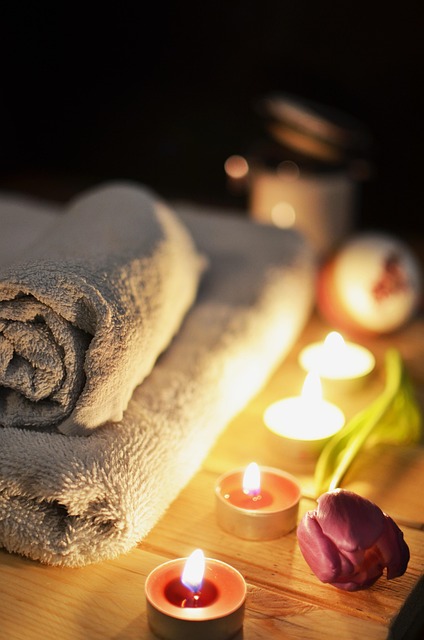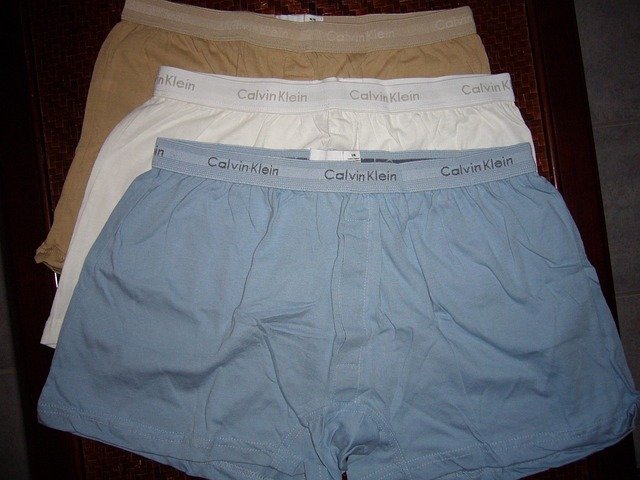The Art and Science of Perfumery: An Exploration into the World of Fragrance
From the ancient civilizations of Egypt to the modern-day perfume houses in France, the art and science of perfumery have played a significant role in human culture. Perfumes have been used for religious rituals, medicinal purposes, and personal adornment. They have been a symbol of luxury, an expression of personal style, and a tool for attracting mates. The world of fragrance is a complex and fascinating one, where artistry and chemistry combine to create scents that can evoke memories, emotions, and even tell a story.

The Historical Significance of Perfume
Perfumes have been used by different cultures throughout history for various purposes. In ancient Egypt, perfumes were used in religious rituals and ceremonies. They believed that the pleasing aroma of the perfumes would appease the gods. The ancient Greeks used perfumes for therapeutic purposes, believing that the smell of certain fragrances could heal the body and the mind.
In the Middle Ages, perfumes were used to mask the odors of the unsanitary conditions of the time. In the 18th and 19th centuries, perfumery became a recognized craft, and perfume houses were established in France, which is still considered the perfume capital of the world. Today, perfumes are a multi-billion dollar industry, with a wide range of fragrances catering to different tastes and preferences.
The Artistry in Perfumery
Creating a perfume is an intricate process that requires a deep understanding of the different ingredients and how they interact with each other. The process of creating a perfume can be likened to composing a piece of music. The perfume, like a symphony, is made up of different notes that create a harmonious and pleasing composition.
The top notes are the first ones to be perceived and they usually consist of light, fresh, and volatile ingredients like citrus or herbal oils. The middle or heart notes form the core of the perfume and are usually more robust and complex. The base notes are the ones that linger the longest and provide depth and longevity to the perfume. Together, these notes form a unique fragrance that unfolds over time, revealing different facets of its composition.
The Science Behind the Scent
While the artistry in perfumery is about the creative process of combining different ingredients to create a unique fragrance, the science is about understanding the chemistry behind the scent. Different ingredients have different volatilities, which means they evaporate at different rates. This is what creates the structure of a perfume, with the top, middle, and base notes unfolding over time.
Moreover, the pH level of the skin can also affect how a perfume smells. This is why the same perfume can smell different on different people. The temperature, humidity, and even the diet can also influence the scent of a perfume.
The Role of Perfume in Personal Identity
Perfumes play a significant role in personal identity and self-expression. They can reflect a person’s personality, mood, and even memories. Some people choose a signature scent that they wear consistently, while others prefer to have a wardrobe of fragrances to match different occasions or moods.
Perfumes can also evoke memories and emotions. Our olfactory system is closely linked to the limbic system, the part of the brain that’s responsible for emotions and memories. This is why certain scents can instantly transport us back to a specific moment in time or evoke a certain emotion.
The Future of Perfumery
With advances in technology, the world of perfumery is evolving at a rapid pace. New methods of scent extraction and synthesis are being developed, allowing perfumers to create novel fragrances. There’s also a growing interest in sustainable and ethically sourced ingredients in response to increasing consumer awareness about environmental issues.
Moreover, the trend towards personalization is also influencing the perfume industry. Bespoke perfumes, where a fragrance is custom-made for an individual, is becoming increasingly popular. This trend is likely to continue, with technology enabling more personalized and unique fragrance experiences.
The world of perfume is a fascinating blend of art and science. It’s a world where creativity and chemistry come together to create fragrances that can delight the senses, evoke emotions, and express personal style. As we move into the future, the art and science of perfumery will continue to evolve, offering new and exciting possibilities in the world of fragrance.




